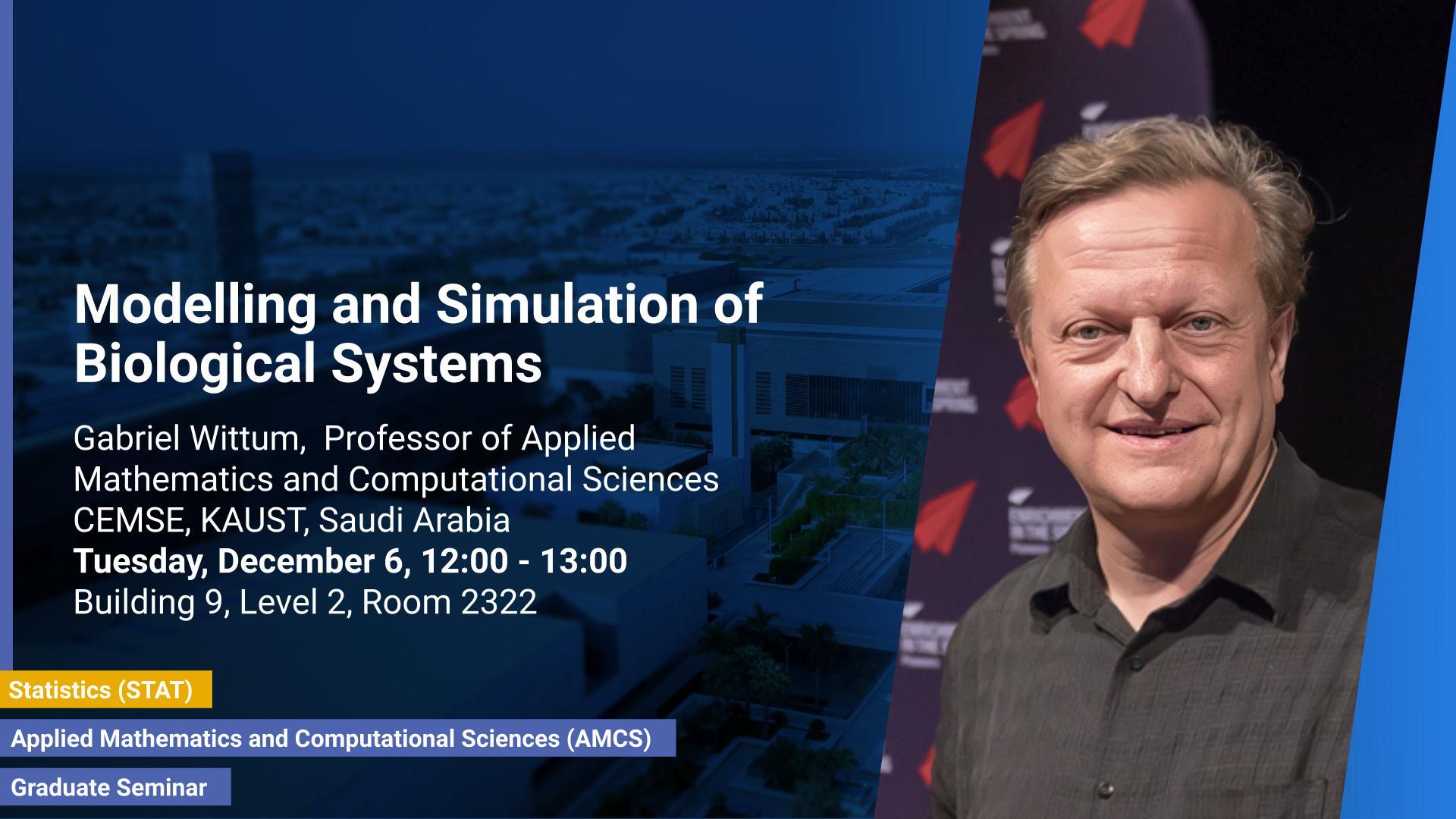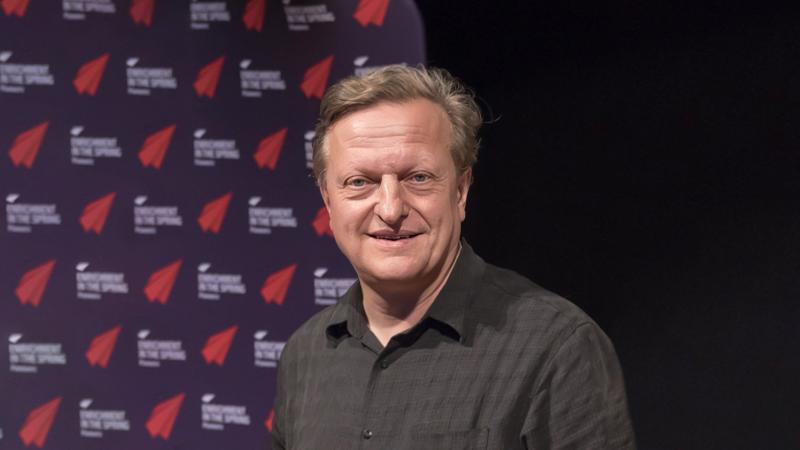Abstract
Biological systems are distinguished by their enormous complexity and variability. That is why mathematical modelling and computational simulation of those systems is very difficult, in particular thinking of detailed models which are based on first principles. The difficulties start with geometric modelling which needs to extract basic structures from highly complex and variable phenotypes, on the other hand also has to take the statistic variability into account. Moreover, the models of the processes running on these geometries are not yet well established, since these are equally complex and often couple many scales in space and time. Thus, simulating such systems always means to put the whole frame to test, from modelling to the numerical methods and software tools used for simulation. These need to be advanced in connection with validating simulation results by comparing them to experiments. To treat problems of this complexity, novel mathematical models, methods and software tools are necessary. In recent years, such models, numerical methods and tools have been developed, allowing to attack these problems. As paradigm for the process of modelling and simulation in biosciences, we present our approach to modelling the diffusion of xenobiotics through human skin. We will present this and the results on that problem in some detail.
Brief Biography
Gabriel Wittum holds professorships for Applied Mathematics, Computational Science, Computer Science and Bioengineering at KAUST, Saudi Arabia, and for Modelling and Simulation (Computer Science) at Frankfurt University, Germany. He is an expert in modelling and simulation of problems from empirical sciences. He solves problems from the classical physical and engineering sciences like fluid mechanics, groundwater flow and transport, environmental science, energy research reaching out to biology, pharmacy, medicine, finance and many more disciplines. Starting from numerical analysis, he develops robust and scalable multi-grid methods and software systems for large scale computing, For his scientific work he has been honoured with the Heinz-Maier-Leibnitz price and the doIT Software Award. He published over 200 scientific publications.

